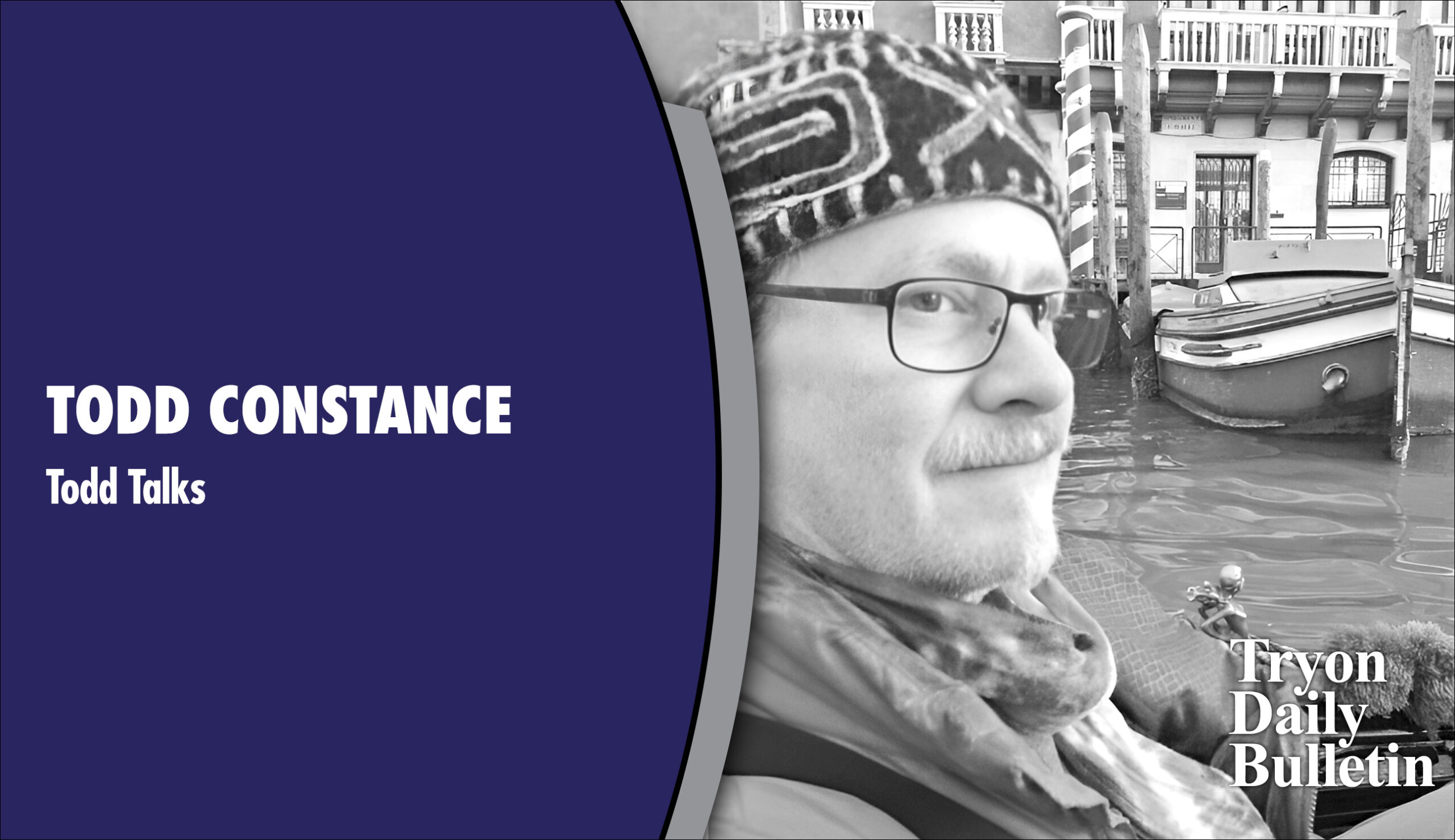Senior Lifestyles: Alcohol consumption and its relationship to dementia
Published 8:00 am Tuesday, November 13, 2018
Social drinking is a big part of life for many of us, and with the holidays just weeks away, there will be lots of parties and opportunities to enjoy our favorite adult beverages.
Those of us who imbibe regularly — perhaps a cocktail before dinner or a glass of wine with our evening meal — typically may exceed what are considered reasonable limits for alcohol among healthy individuals. In fact, some studies have concluded that light drinking — typically one drink for women and two for men — may have a protective effect against dementia.
Conversely, moderate alcohol — more than two drinks for men and women — may have a “detrimental impact on brain structure and may therefore increase dementia risk.”
Trending
Symptoms of dementia include a steady cognitive decline particularly as we age. Today, there are about 50 million Americans over the age of 60, and it is estimated that 5 to 7 percent, or 3 million, of them are “alcohol affected.”
Considering that among the various types of dementia, Alzheimer’s disease is by far the most common form, knowing that there is a link to alcohol consumption should cause drinkers, both younger and older, to be concerned.
Researchers found that heavy drinking is more closely linked to an increased risk of dementia. The reasons are purely scientific — when alcohol is broken down in the body, it produces a chemical called acetaldehyde, which is toxic to brain cells.
It is also a known fact that alcohol consumption increases blood pressure, which can increase the risk of vascular dementia, another deadly form of the disease.
Studies done in France found that very young heavy drinkers who were diagnosed with alcohol use disorders and/or dependency were later found to have a much higher incidence — 1 in 20 — of early-onset dementia. Heavy drinking frequently goes hand-in-hand with other dementia risk factors, such as smoking and a more sedentary lifestyle, that also increase the odds of early-onset dementia.
Dr. Michael Schwarzing, one of the lead study authors, stated, “Our findings suggest that the burden of dementia attributable to alcohol use disorders is much larger than previously thought, suggesting that heavy drinking should be recognized as a major risk factor for all types of dementia.”
Trending
The good news in these findings is that for some people who socially drink alcohol, avoiding more than the suggested limits is likely to be good for your overall health and your brain.
For heavier problem drinkers, reducing your consumption on your own or seeking a program to help you do so is a very good idea.
Cutting back or stopping drinking usually requires a first step of admitting that you have a problem. Once that takes place, programs are readily available to help you in most communities.
There can be a lot of downside to over-consumption of alcohol, from legal issues to health problems. Knowing that reducing your intake of alcohol may be both healthy for you and spare you and your family the incredible grief of early-onset dementia may be enough of an incentive to motivate you to consider looking at your drinking habits and take appropriate steps to ensure your mental and physical well-being.
With the holidays around the corner, doing that may be the best gift you can give yourself and your loved ones.
Ron Kauffman is a consultant and expert speaker on issues of aging. He is the author of “Caring for a Loved One with Alzheimer’s Disease.” He may be contacted at 828-696-9799 or at drron561@gmail.com.





